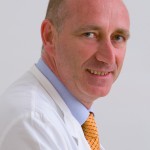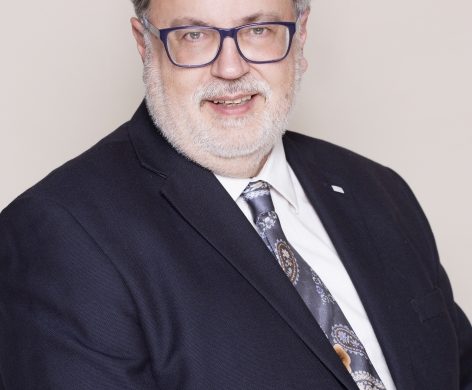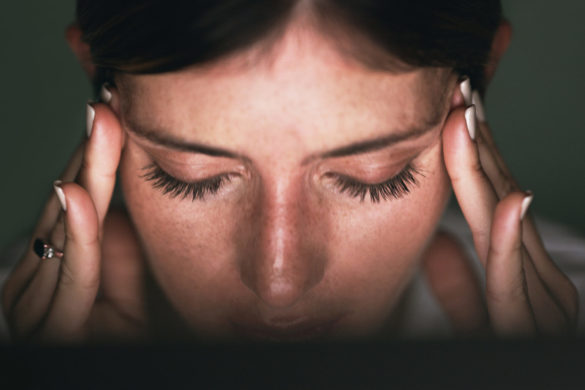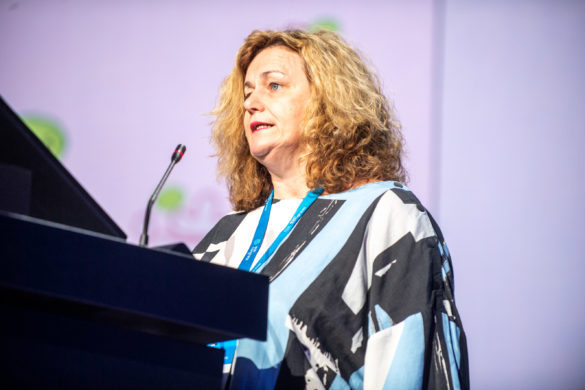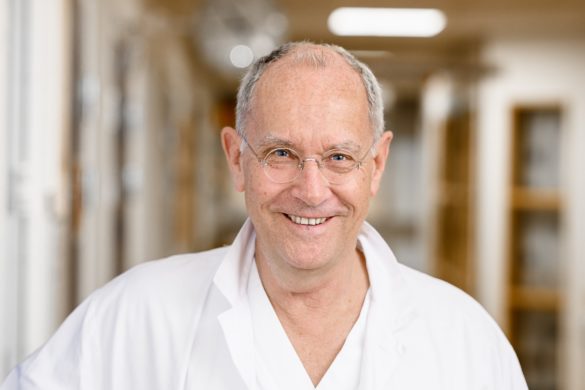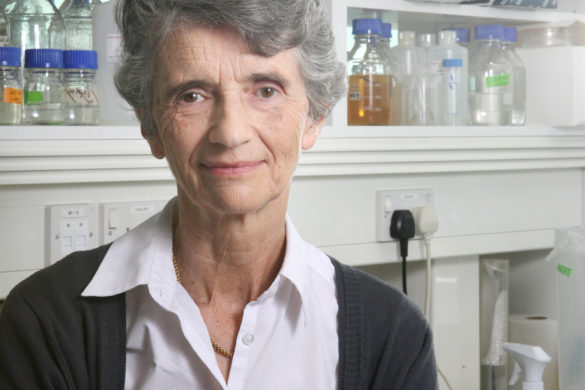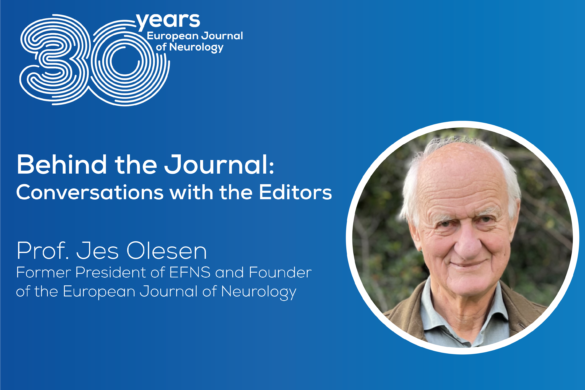The EFNS Scientist Panels and ENS Sub-committees aim at coordinating different facets of clinical research and good neurological practice at the European level. They will play a very important role in the European Academy of Neurology – EAN. We invited the chairpersons of the EFNS Scientist Panels and ENS Subcommittees for their view on the future role of these panels/subcommittees within the EAN.
Interview with Fabio Antonaci
Neuropenews (NN): Briefly outline the future role you see for your scientist panel/sub-committee within the European Academy of Neurology.
Fabio Antonaci (FA): The European Academy of Neurology will be a unique opportunity to merge competence in the headache field in Europe. European scientists in this chapter represent the highest number of citation in PUBMED. A liaison with the European Headache Federation (EHF) will represent – at least as front image – a step forward: access to EC funds for research, education on site (countries with less facilities) and at distance (countries with high tech facilities). Serving for many years in the EHF I realize that the target it is not easy to hit but also not impossible. The diffusion and capillary penetration of medical education to achieve a higher standard of knowledge in most of the countries is possible if practical teaching (clinical case discussion) can bypass theoretical teaching (clinic and semiotic approach versus pathology). This part of the work can be done in a European setting where patients are seen and recorded (i.e. 6-7 centres). Guidelines at European level as far as at National level where available should not only be a consultation issue but a practical topic for teaching during front lecture (annual congress) and in continuous medical education. If we consider that in the European community it takes more than 6 years and 3-4 physicians to make a diagnosis of Trigeminal Autonomic Cephalgia, it is worthwhile to pursuit the aim.
NN: How can Neuropenews contribute and enhance the work of your panel?
FA: The actual format of the newsletter is good enough to inform neurologists provided that all information concerning all neurological topics are included, updated and documented. Nevertheless, the English language is not mastered by most of the colleagues. I may suggest that a bilingual version in the largest European Countries may increase the time people spend on Neuropenews and the number of readers in case English is a black hole for update. Local events on headache, events at regional level should be mentioned to attract more readers and last but not least the link between each National Neurological and Headache Society and Neuropenews should be set up.
NN: Thank you for your time.

